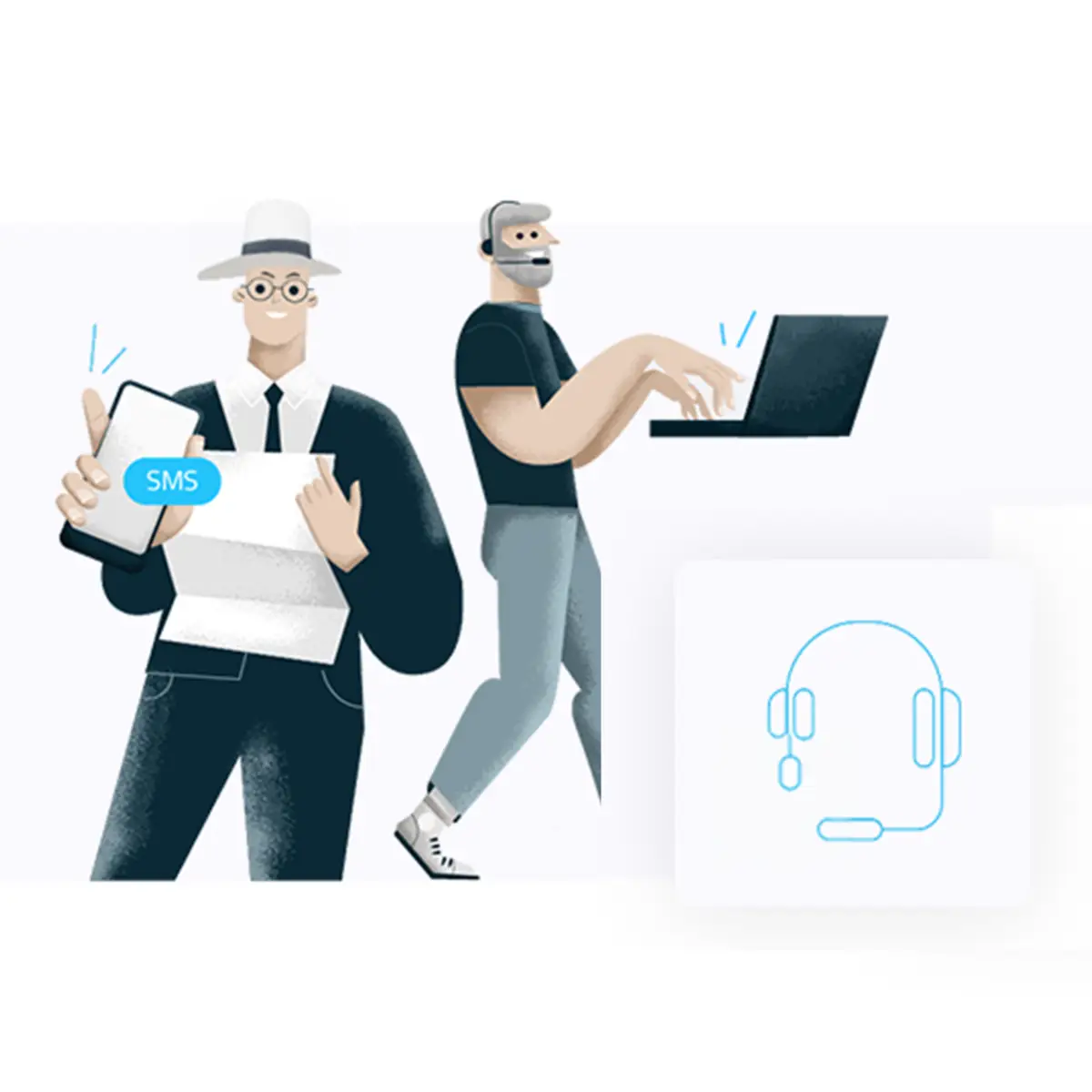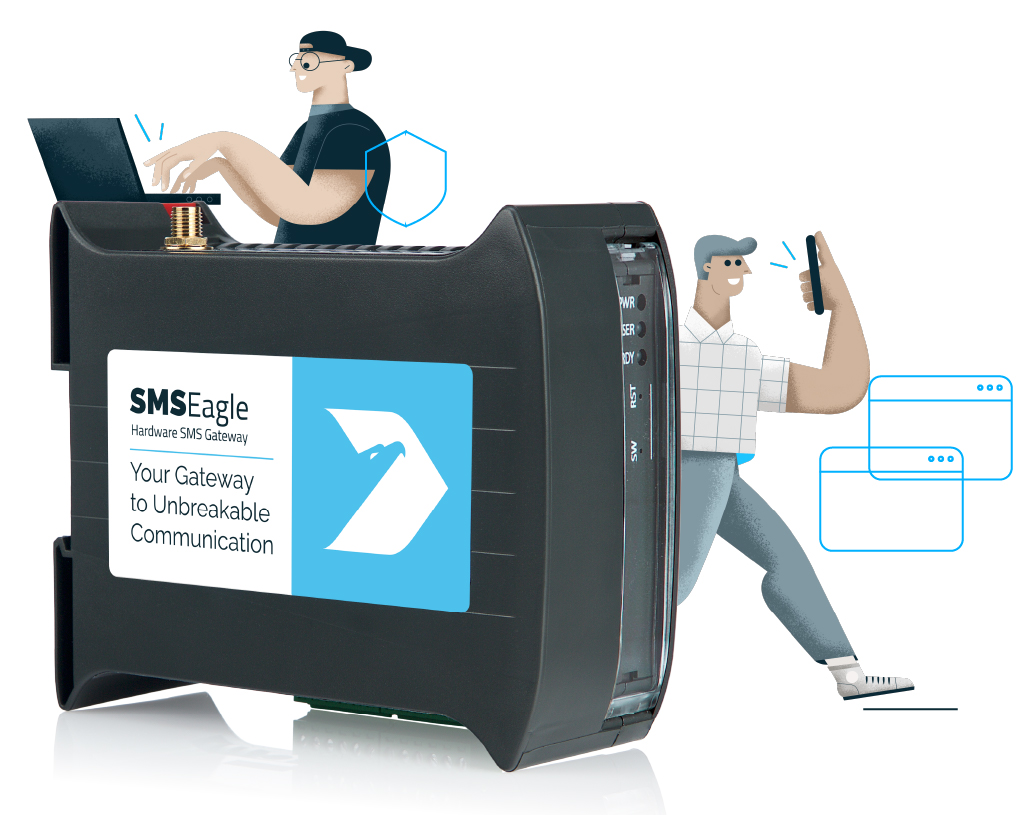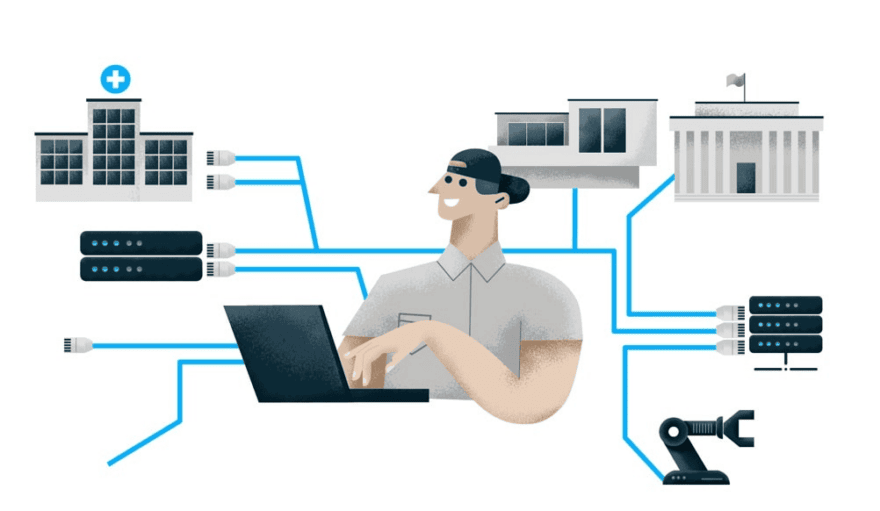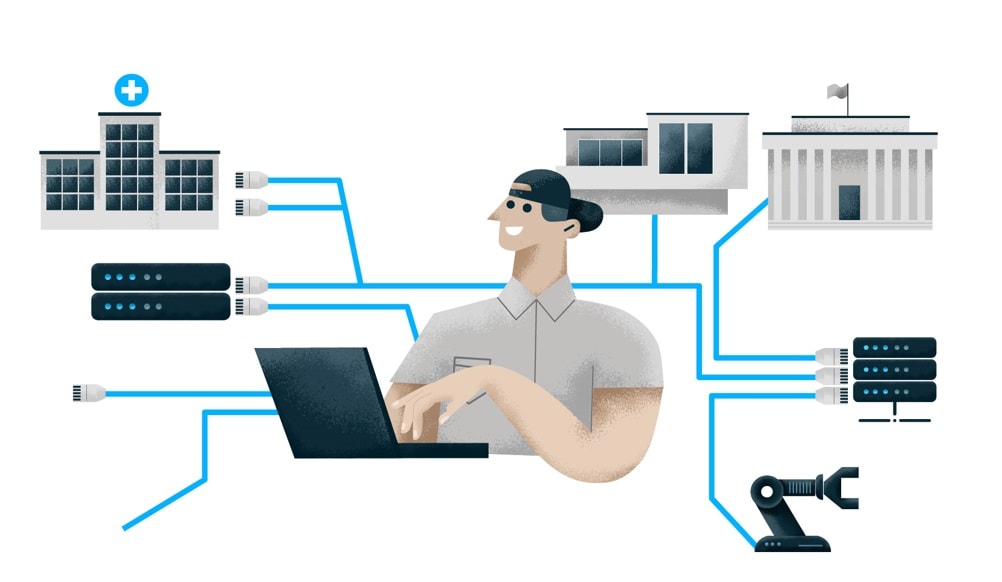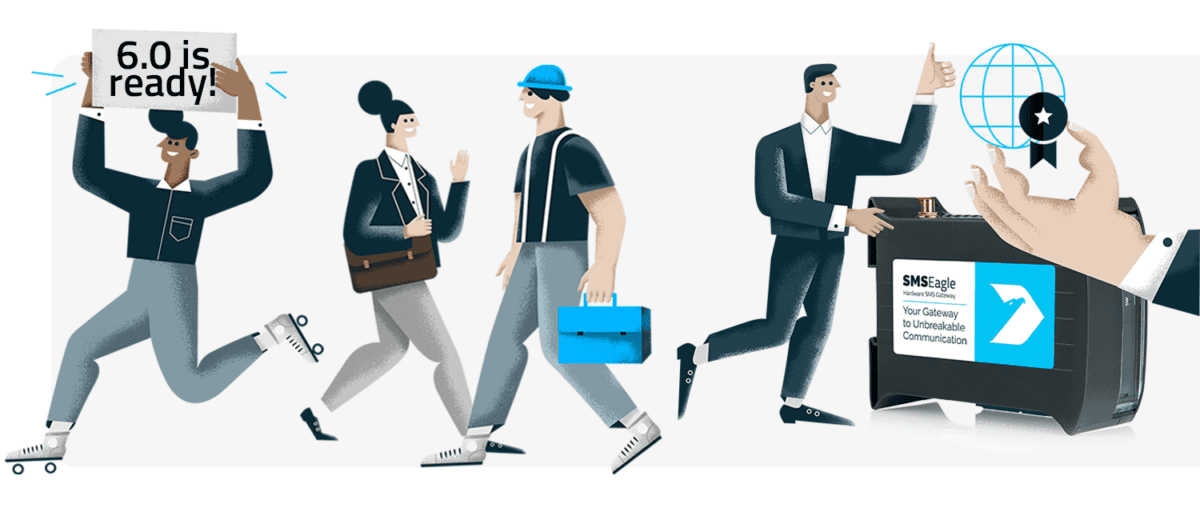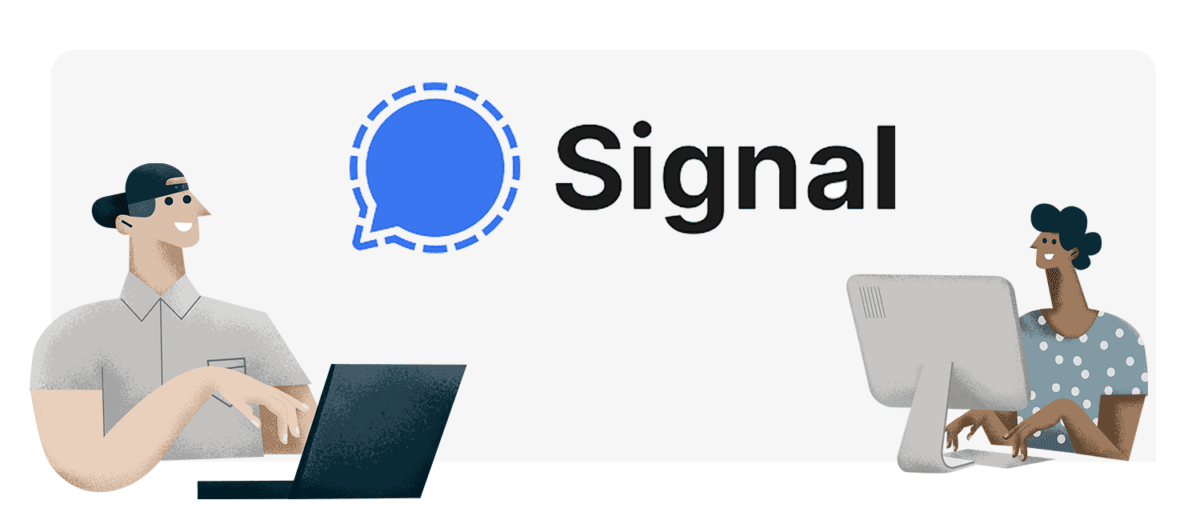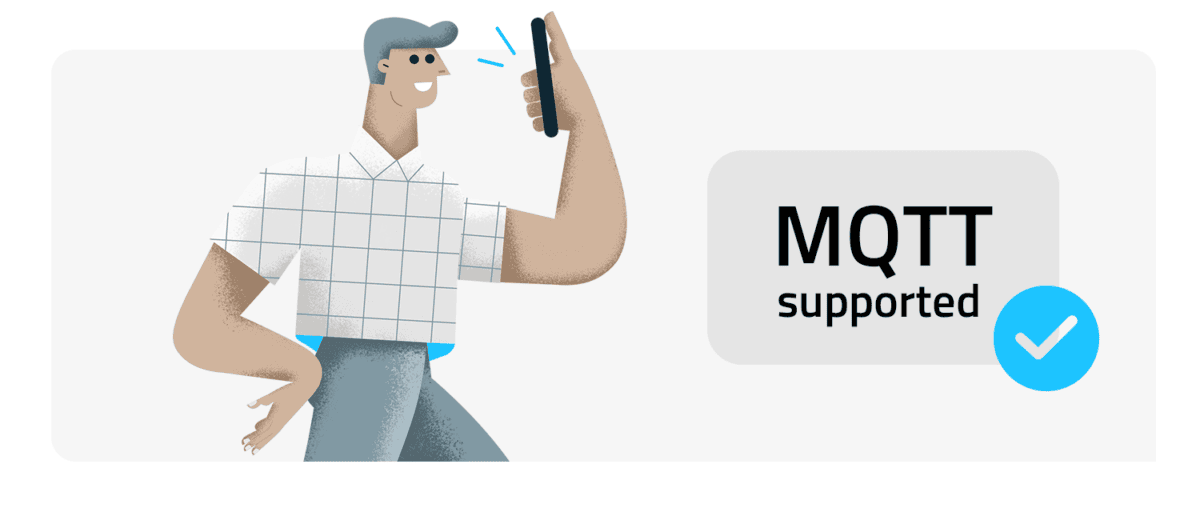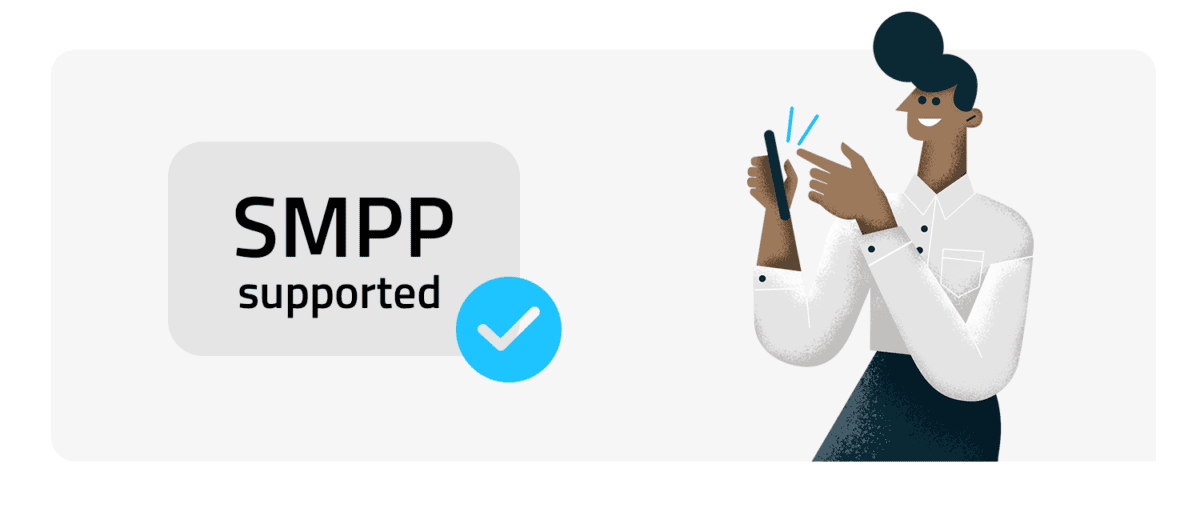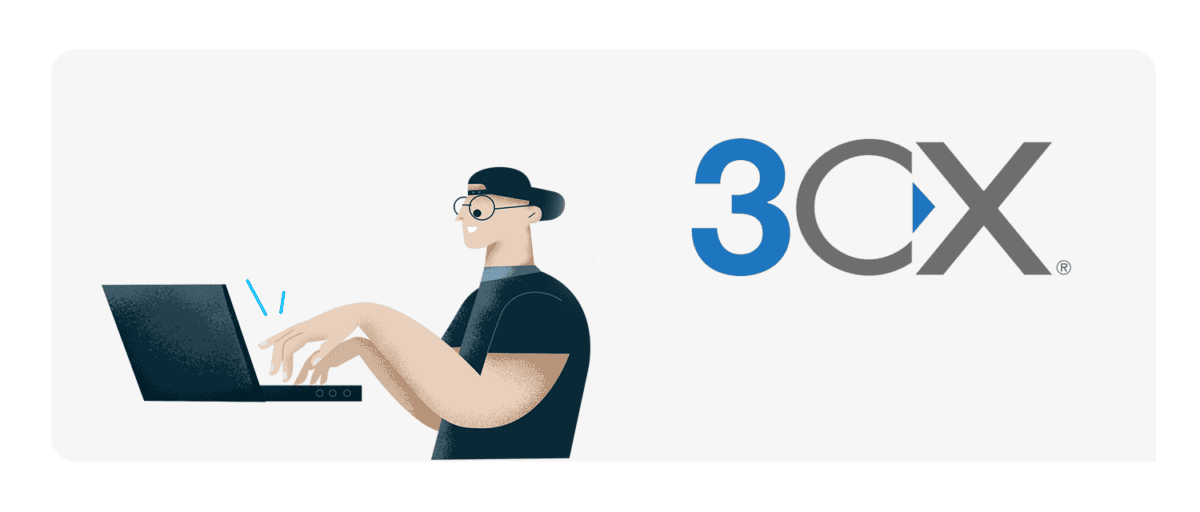New software version 6.14 now available!
We’re happy to announce that SMSEagle software version 6.14 is now officially available!
We’d like to announce that SMSEagle software version 6.14 is now available. This update brings several useful improvements, along with important fixes that make sure your device works even better.
What’s new in version 6.14?
- APIv2: Added
modem full infomethod to provide single method for detailed modem diagnostics - APIv1: Introduced
wave_callmethod for calls using pre-uploaded wave file calls
- Email2SMS: Fixed “From” header and Microsoft 365 OAuth2 issues
- SMPP: Improved proxy support, round-robin strategy, and incoming message handling
- Modem Failover: Fixed modem switching and multipart message handling
- Signal, Plugins, Autoreply: Reliability and UI fixes
- Web GUI: Enhanced security across the application
Time to update!
We recommend updating your device to v6.14 as soon as possible so you can benefit from these improvements. You can find the update process directly in your device’s web interface.
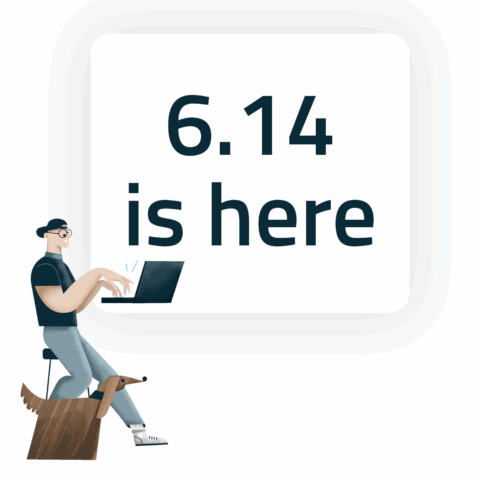
New software version 6.14 now available!
We’d like to announce that SMSEagle software version 6.14 is now available. This update brings several useful improvements, along with important fixes that make sure your device works even better.

5 industries that can benefit most from automated SMS notifications
Automated SMS notifications help send fast and clear updates—no cloud platform or constant internet required. As a manufacturer of hardware SMS gateways, we provide reliable tools that help streamline communication securely and cost-effectively.
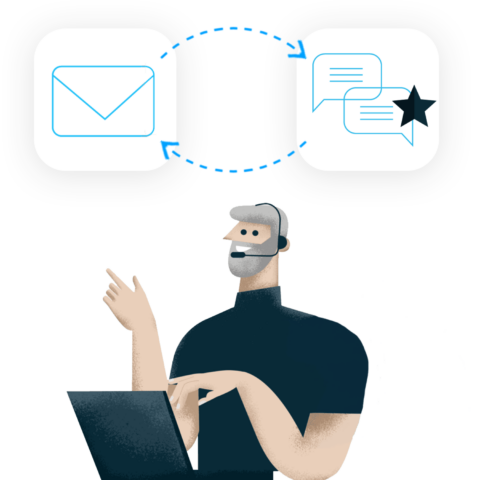
Another U.S. carrier, AT&T has shut down its Email to Text service. Discover the alternatives.
For years, many businesses and IT departments have relied on email to text services to deliver critical alerts, reminders, or automated messages. Email to text has offered a quick & simple way to send text messages to a recipient’s phone number using an email client.
The method was straightforward: send an email to a mobile carrier’s SMS gateway address (e.g., 1234567890@vtext.com for Verizon) and the recipient’s carrier would convert that email into an SMS and deliver it. No need for additional infrastructure. It just worked.
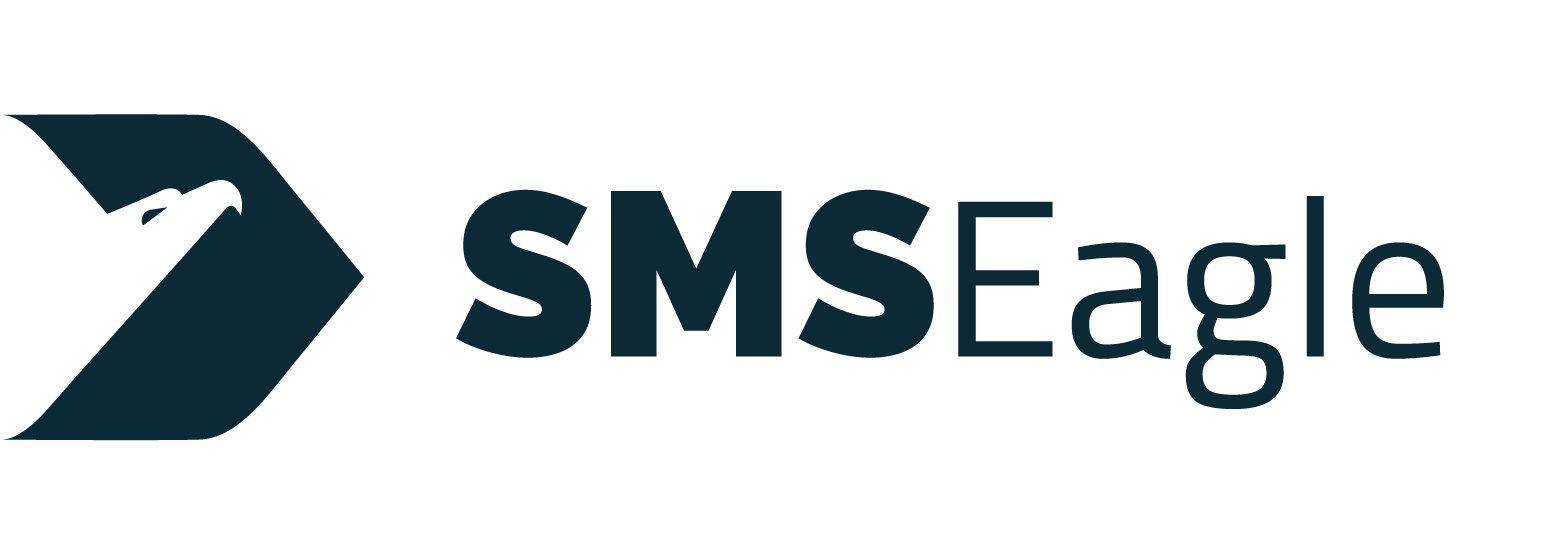
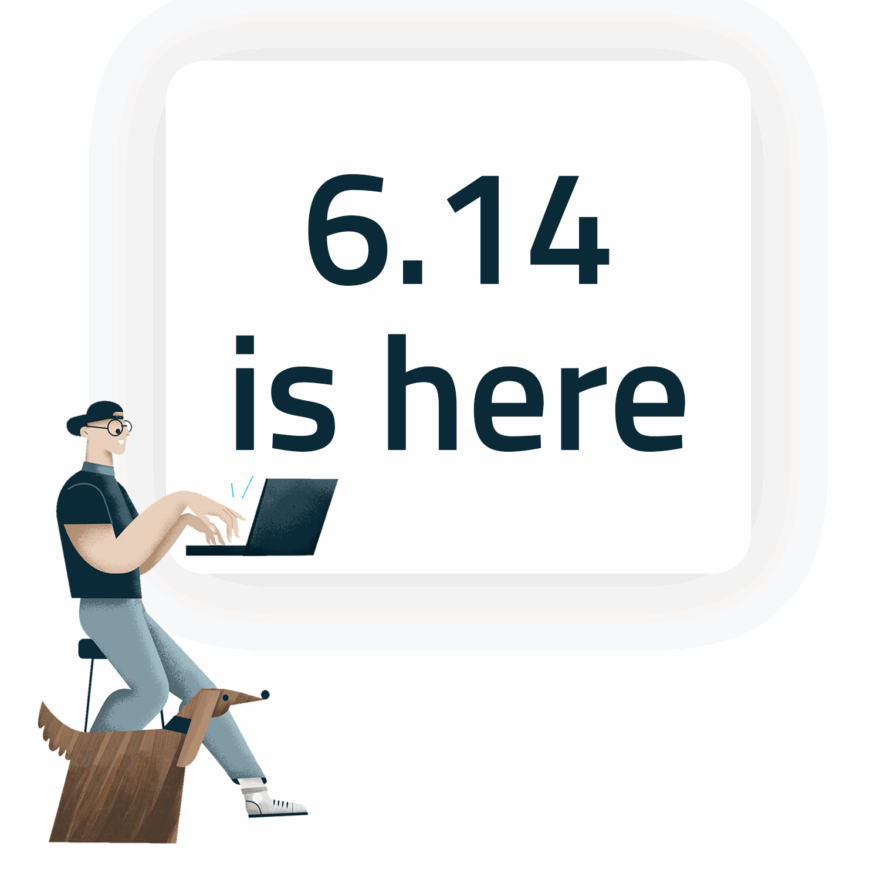
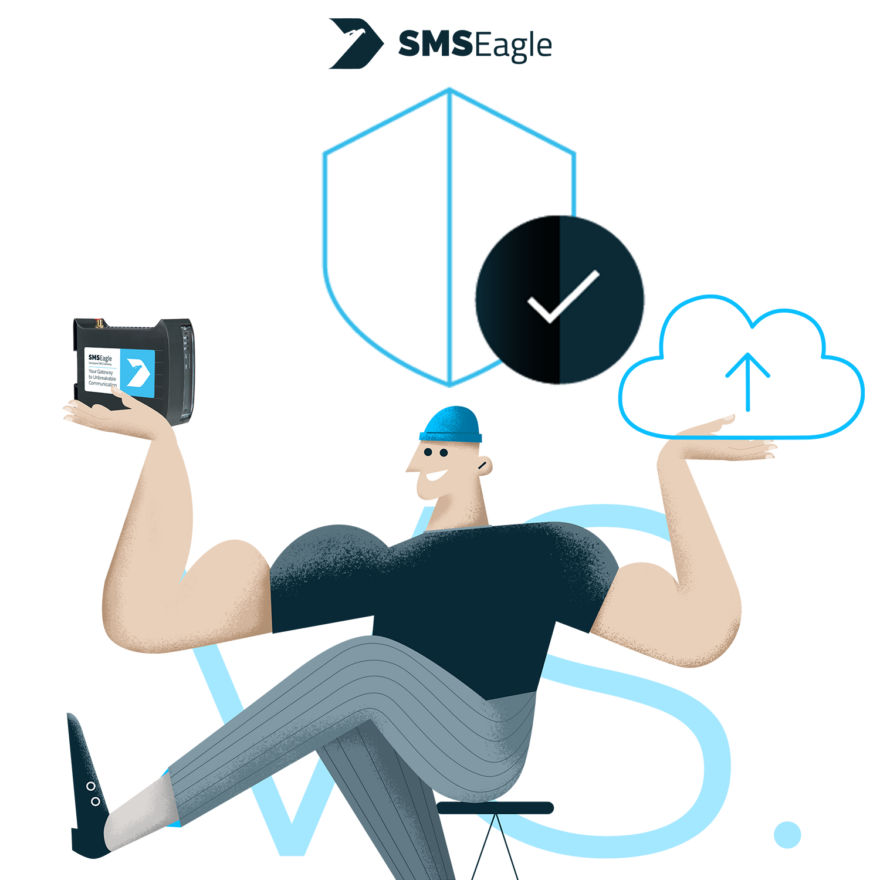







![Niagara 4 alerting limitations [SOLVED]](https://www.smseagle.eu/wpsite/wp-content/uploads/2024/09/Bulding@2x-100-880x880.jpg)



